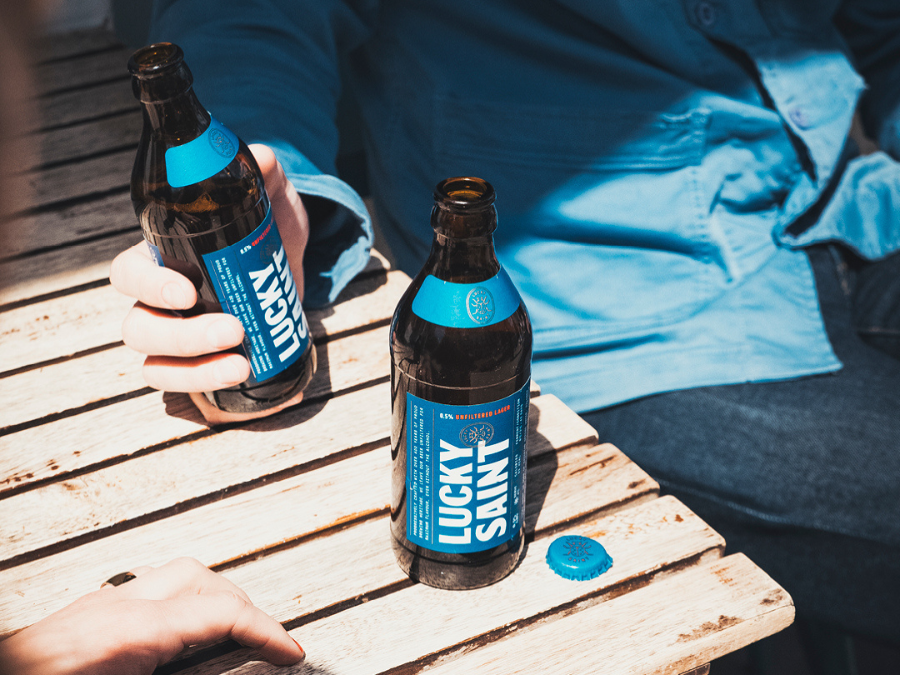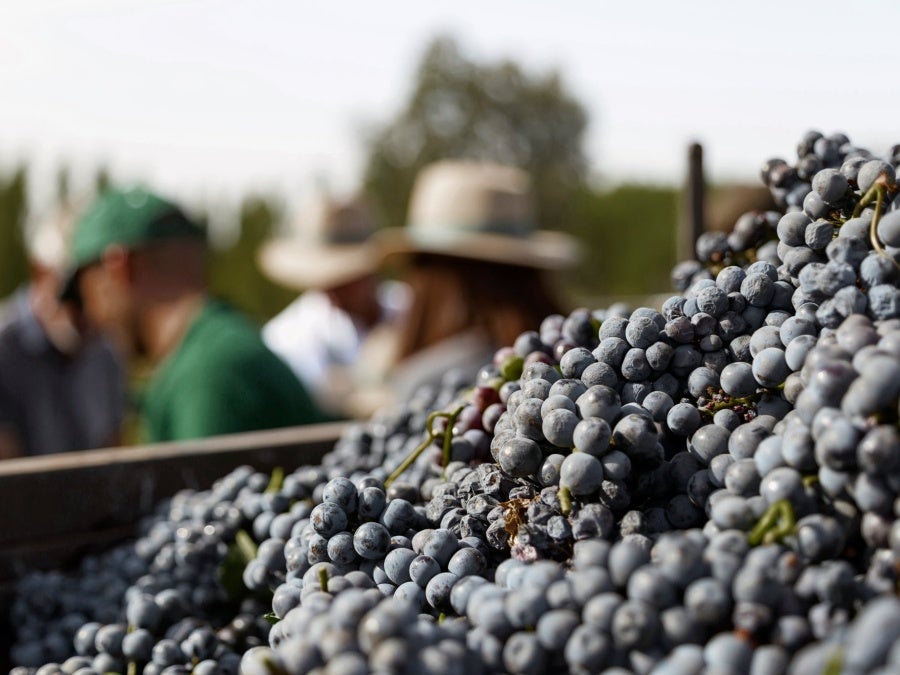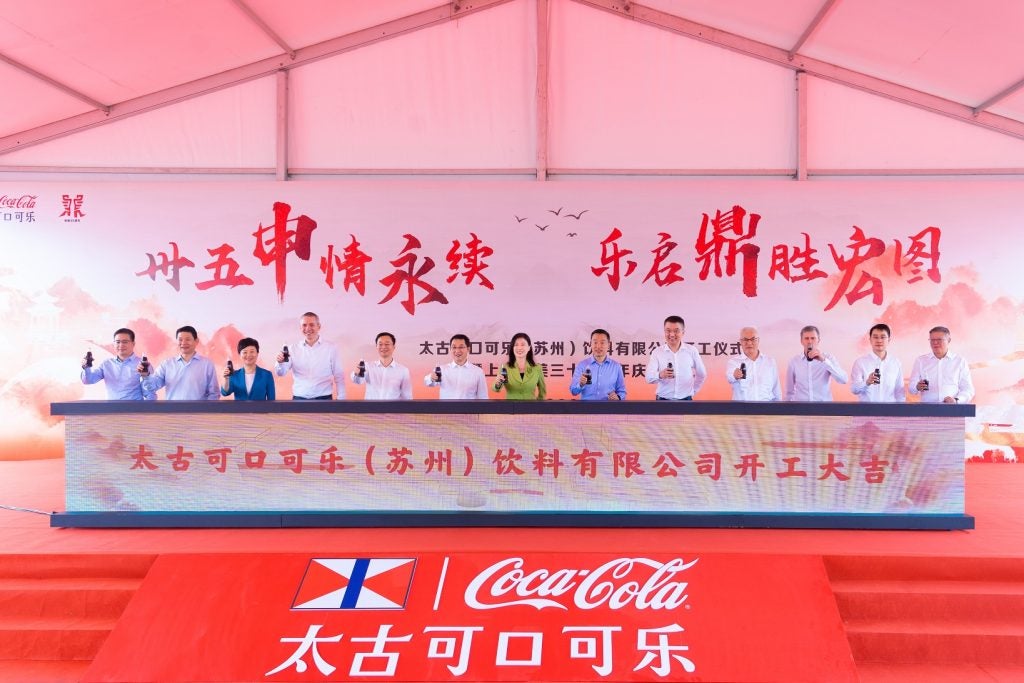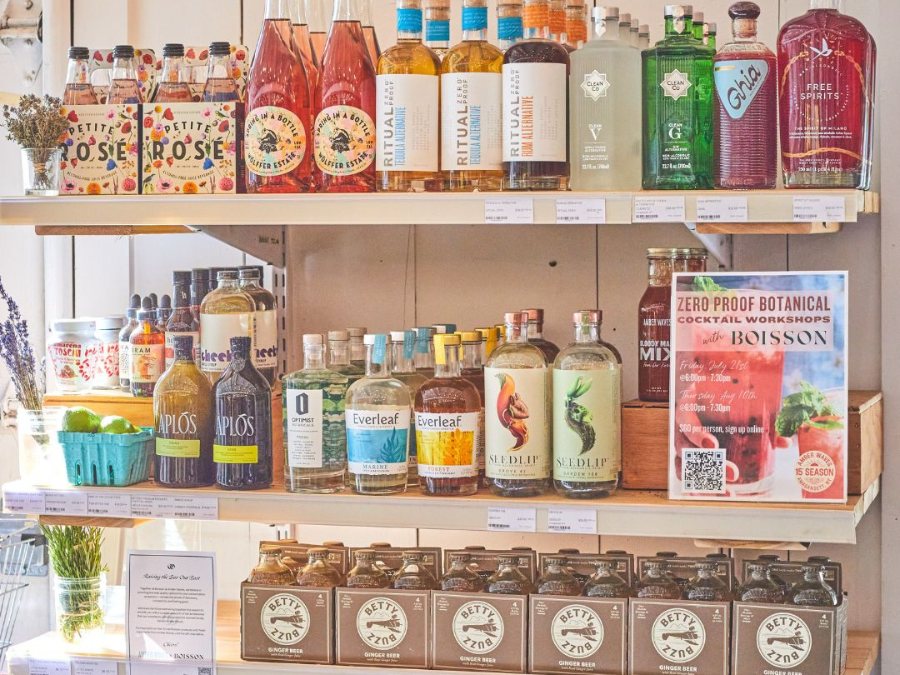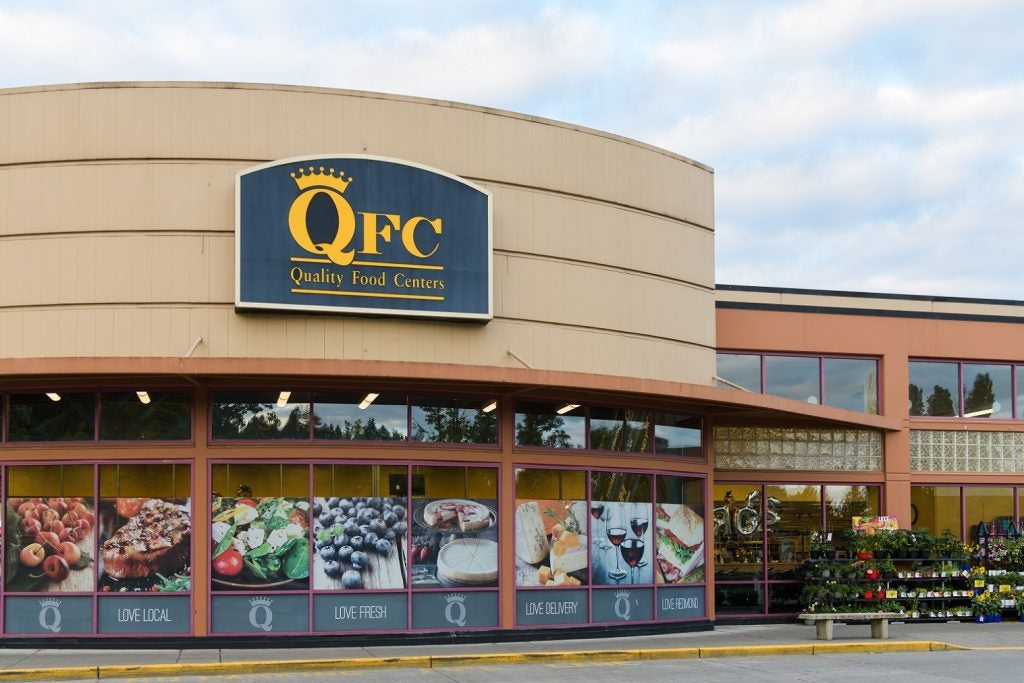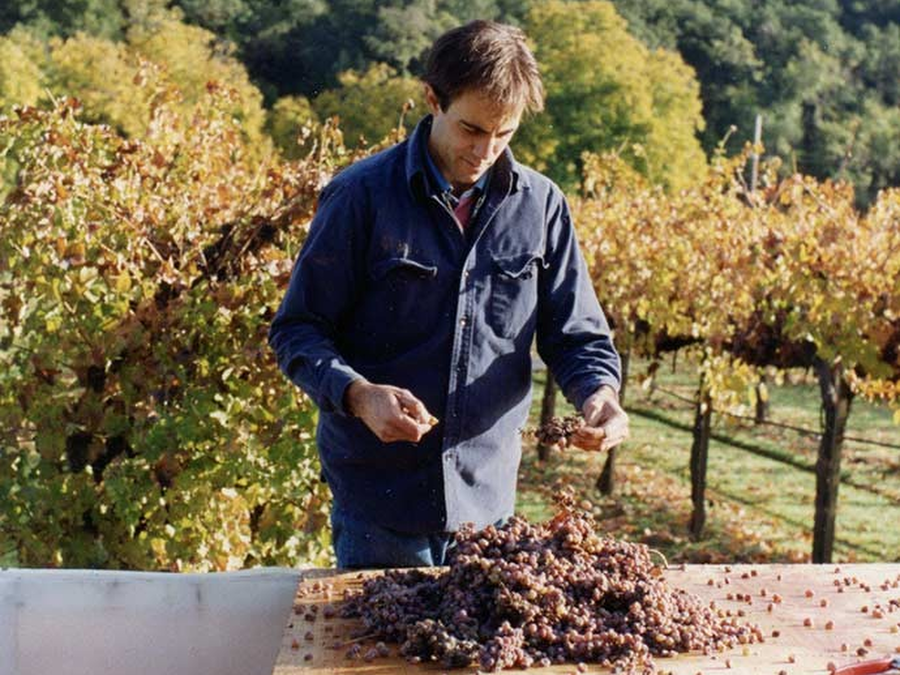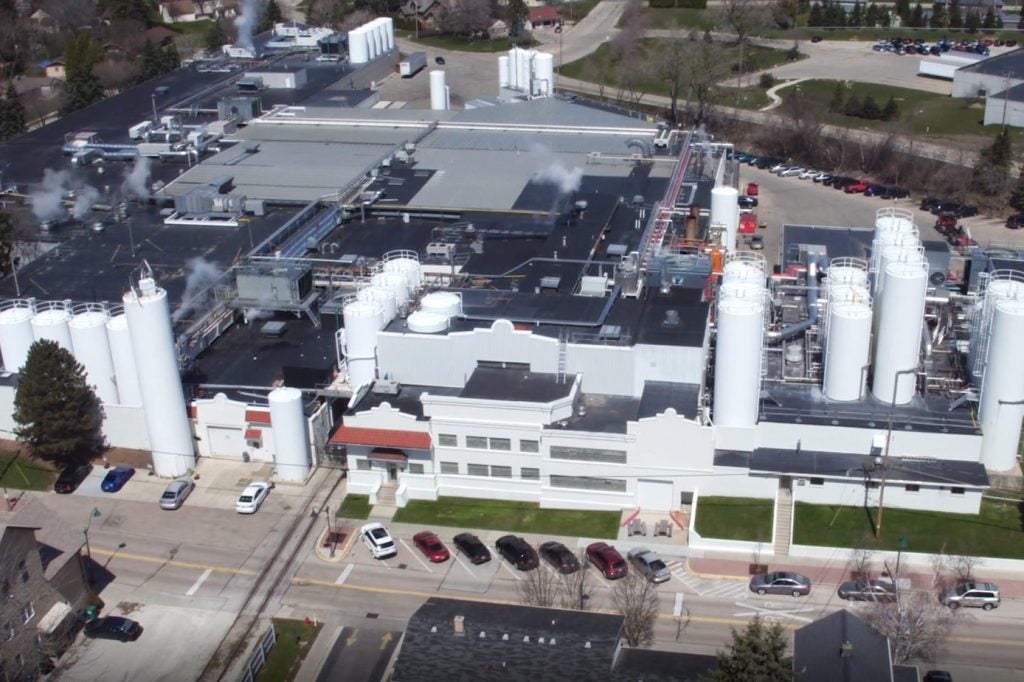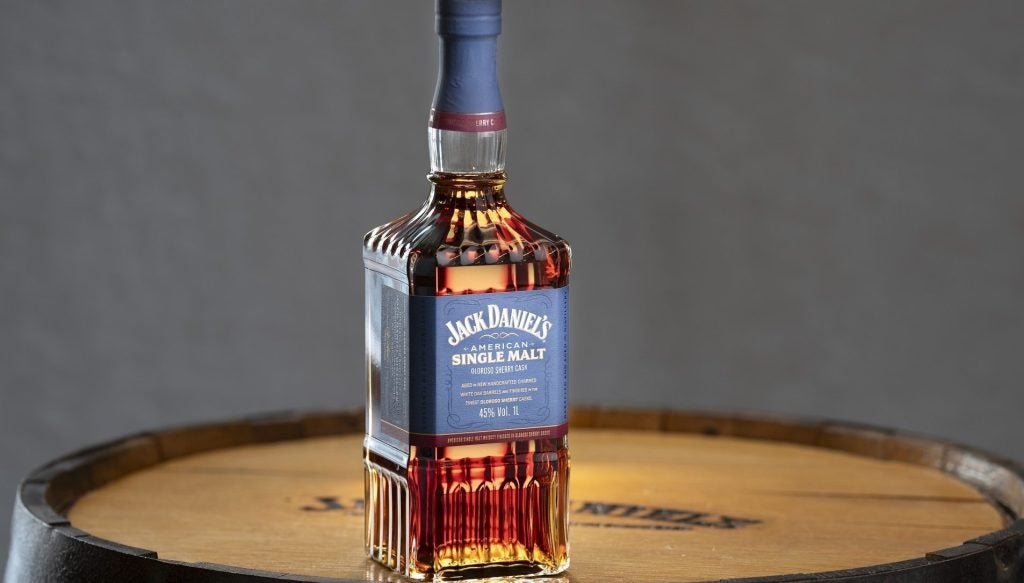The UK government is holding a public consultation to review the threshold for labelling a beverage as “alcohol-free”.
The consultation will call for feedback on a proposal to raise the threshold for an “alcohol-free” drink to an abv of 0.5%, hoping to make alternatives to alcoholic drinks more widely available and popular.
Currently, “alcohol-free” drinks in the UK must have an abv of 0.05% or less. Meanwhile, “low-alcohol” refers to any product with 1.2% abv or below.
The proposed 0.5% abv threshold is in line with other countries, including the US, Denmark, Germany, Australia, Sweden, Portugal and Belgium.
In a statement, the UK government said the potential changes could “drive the productivity of businesses, help remove red tape and allow them to more easily manufacture these drinks to benefit from the multi-billion-pound alcohol-free drinks market”.
Public health minister Neil O’Brien said: “No- and low-alcohol drinks are getting more and more popular, and we are looking to further support their growth. Many other countries around the world already allow more freedom over this. Liberalising labelling guidelines could also help people make more informed choices about the drinks they buy.
“We want to encourage the growth of no- and low-alcohol alternatives for those looking to moderate their alcohol intake.”
According to the UK’s Department of Health and Social Care, one in five adults in the country drinks more than the recommended 14 units of alcohol per week.
The consultation will bring in views from industry professionals on “how to support those looking to moderate their alcohol consumption and provide them with greater choice when looking for alternatives to alcohol”.
Marcos Salazar, CEO of the Adult Non-Alcoholic Beverage Association (ANBA), added that “it is essential that there is consistency between the UK, European and other international markets in terms of labelling”.
He added: “The ANBA welcomes the Department of Health and Social Care’s decision to launch this consultation today, and will continue to work closely with the government to help support its aims of increasing the availability of alcohol-free products for consumers.”
Rob Fink, the founder of UK alcohol-free brewer Big Drop, said increasing the threshold “makes all the difference to taste”.
He added: “All 0.0% beers have had the alcohol removed and that can ruin the taste. A 0.5% beer, however, has been naturally brewed using traditional methods and end result is a beer so good you won’t miss the alcohol.”
Laura Willoughby, co-founder of alcohol-free retailer and bar Club Soda, added: “This consultation is long overdue. It’s a really exciting opportunity for the government to put its weight behind a British success story and support its low and alcohol-free producers. We need to promote choice and make sure the consumer has as much variety in low and alcohol-free drinks as they do full-strength drinks.
“The potential benefits of creating a more diverse social sector and improving health are massive and the sector needs to be liberated from old-fashioned and confusing terms. Many food and drink items we consume every day contain a trace element of alcohol and drinks should not be treated differently.”
Major global brewers are stepping up their investment in alcohol-free products.
In July, Diageo announced plans to expand the production capacity for its non-alcoholic stout Guinness 0.0 at its St. James’s Gate facility.
At an industry conference in London last week, Heineken said it estimates alcohol-free products account for 2% of the global beer market. The Dutch brewer, which is aiming to put 25% of its “brand” investment into the alcohol-free category, said alcohol-free beer needs to account for at least 10% of global beer sales to become an established form of consumption.
Diageo and the UK arm of Heineken could not be reached for comment on the government consultation.
The Scottish government, meanwhile, recently announced it is considering raising the minimum unit price of alcohol in an effort to further “mitigate significant alcohol-related health harms”.


